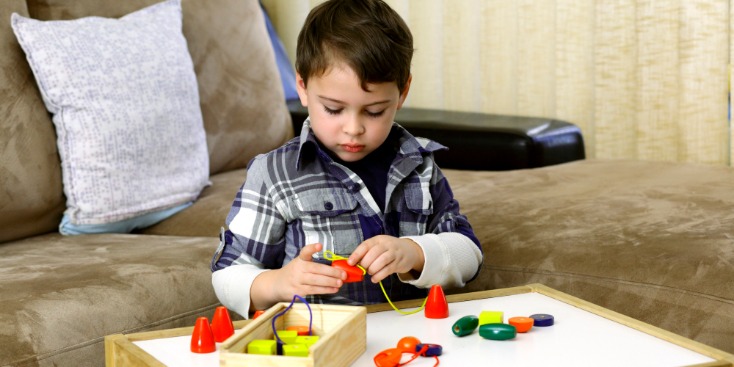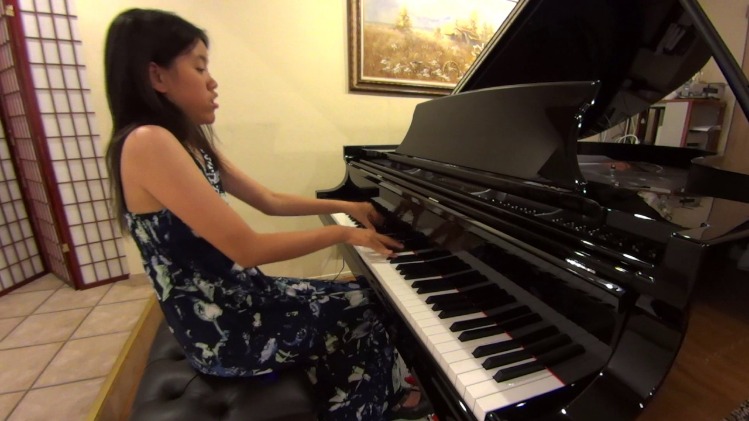Unlocking Potential: Musical Harmony through Piano for Children on the Autism Spectrum

The transformative power of music is undeniable, and this holds especially true for children with autism. Among various musical instruments, the piano stands out as an extraordinary tool for enhancing the lives of autistic children. Piano lessons for Autistic Child have shown remarkable benefits, influencing both cognitive and emotional development.
The Unique Benefits of Piano Lessons for Autistic Children
Structured yet creative, piano lessons provide a balanced environment for children with autism. Here are a few unique benefits:
1. Enhanced Cognitive Skills
Read more about Piano lessons for Autism here.
Learning to play the piano involves reading music, counting rhythms, and memorizing pieces, all of which contribute to improved cognitive skills. Studies indicate that Piano lessons for Autistic Child can significantly enhance memory, attention, and problem-solving skills.
2. Emotional Expression and Regulation
Music offers a non-verbal outlet for expressing complex emotions, which can be particularly beneficial for children who struggle with verbal communication. Through piano lessons, they learn to channel their emotions, helping them achieve better emotional regulation and reduced levels of anxiety.
3. Social Skills Development
Group lessons or recitals provide opportunities for social interaction. Even individual lessons often require communication with the instructor, fostering essential social skills. As they progress, children gain confidence, which translates to better social integration.
Adapting Piano Lessons for an Autistic Child
To ensure effective learning, it is crucial to adapt piano lessons for Autistic Child based on their unique needs and preferences. Here are some strategies:
1. Tailored Learning Approaches
Each child is unique. Some may learn better through visual aids, while others might respond more positively to tactile or auditory cues. Understanding the child’s preferred learning style can make lessons more productive and enjoyable.
2. Consistent Routine
Consistency is key. A fixed schedule helps in creating a predictable environment, which is comforting for many children with autism. Regular piano practice at the same time and place establishes a routine that can aid in their overall adaptation to learning.
3. Positive Reinforcement
Positive reinforcement through praise and rewards can motivate the child and build a sense of accomplishment. Celebrating small milestones, like playing a simple tune or reading a basic music sheet, can encourage continued effort and enthusiasm.
Choosing the Right Instructor
The instructor’s role is pivotal. Finding a qualified teacher experienced in working with autistic children can make a significant difference. Look for instructors who exhibit patience, adaptability, and an understanding of autism spectrum disorders. They should be able to tailor lessons to meet the specific needs of your child while fostering a love for music.
1. Recommendations and References
Seek recommendations from other parents, therapists, or support groups. Positive testimonials and references can guide you towards instructors who have successfully made a difference through piano lessons for Autistic Child.
2. Trial Lessons
A trial lesson offers a glimpse into the teaching style and the rapport they establish with your child. It’s a low-commitment way to assess the potential compatibility before committing to regular sessions.
In summary, piano lessons for Autistic Child can unlock numerous developmental and emotional benefits. With the right approach and instructor, these lessons can be a harmonious blend of learning, growth, and joy.





Leave a Reply